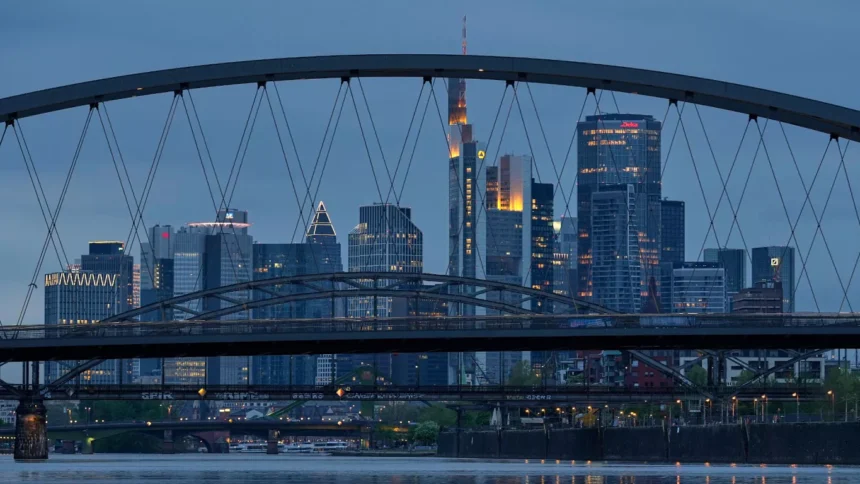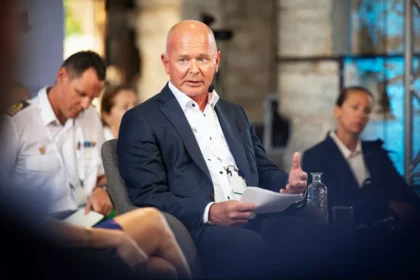While a failing services sector countered a surprising industrial recovery, business activity in the eurozone barely increased in April. Meanwhile, declining inflation bolstered prospects of a rate drop by the European Central Bank at its next June meeting.
In April, the eurozone’s S&P Global Purchasing Managers’ Index (PMI) increased slightly to 50.1, which is theoretically a sign of expansion but only marginally. According to the figure, the economy was having difficulty building on the momentum from the first quarter of the year, which was revised up from an initial 49.7.
A sectoral disparity lies at the core of this slow expansion. Thanks to stronger supply networks and a resurgence in industrial activity, manufacturing production increased at its quickest rate in more than two years.
The bloc’s main economic engine, the services sector, hardly grew, as seen by the Services PMI dropping from 51.0 in March to 50.1. It indicates that demand for business, hotel, and tourist services is waning, since it was the lowest reading since late 2024.
The underlying data presents a dismal picture behind the headline numbers. For the eleventh straight month, new business orders declined, and this time at a somewhat quicker pace than in March. Sales were lower for both service and product providers, following a pattern of lacklustre demand that has held growth back since the middle of 2023.
Also Read:
Trends Developing in Global Equity Markets
The ECB identifies Trade Tariffs and the Competitiveness Gap as Growth Threat



